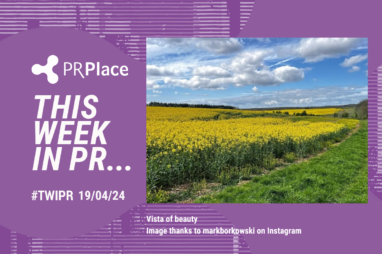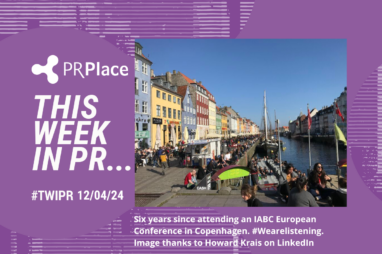What’s studying like?
See what its like to study with PR Academy
You’ll learn the theory and how to apply it. Learn, practice, apply!
Want to know more about what studying with us is like?
Give us a call and we’ll be happy to chat
Call Shelley or speak to PR Academy directors Ann and Kevin who can tell you more
+44 (0) 203 862 6910
Discover more
FAQs
At PR Academy we have been teaching online since we started in 2007. We have a specially designed online learning centre - we don't just put you on Teams!
Our teaching is delivered through a mix of on-demand content, guided reading, live workshop sessions (usually recorded for later playback) plus tutor support. We have an online library that we have curated specially for our courses.
Some courses offer individual tutorials that can be booked and the opportunity to submit an assignment proposal for individual feedback.
We offer plenty of support. Some courses offer individual tutorials that can be booked. The course leader is easily contactable and there is always someone in the office who can help with day to day queries.
Most of the courses give you a maximum time to complete - usually one or two years, so there is plenty of flexibility.
If you want to extend beyond this, then it is usually the decision of the awarding body (e.g. the CIPR)
It isn’t essential, for example you can study while on a career break. For some of the higher level courses you will need experience. For example, for CIPR Diploma level courses you need to have a minimum of five years experience and reasonably senior level.
Some of the assignments are designed to be based on your work but if you aren’t currently employed a tutor can help you with other options.
They aren't heavily academic. We still discuss theory because that’s what makes us better practitioners, but we show how to apply it in practice. We call it applied learning.
The assignments are mostly in the style of business writing rather than academic essays or dissertations.


